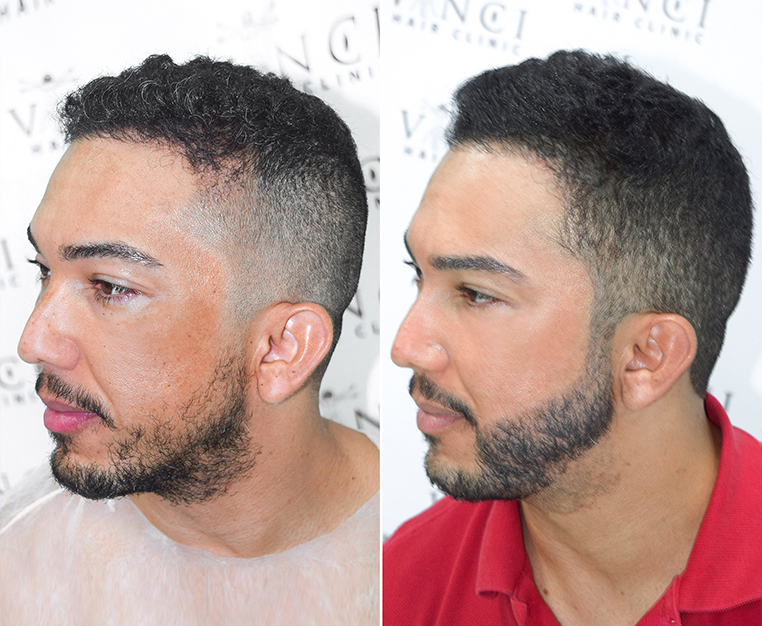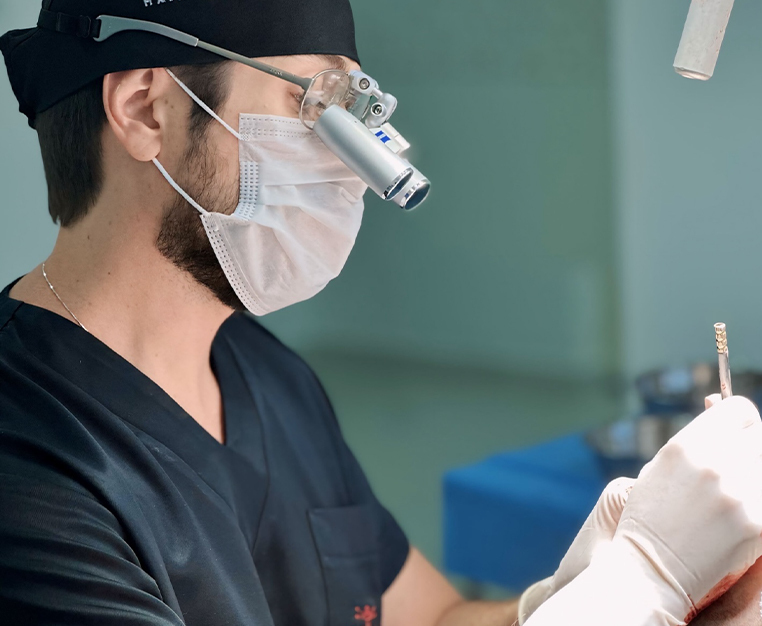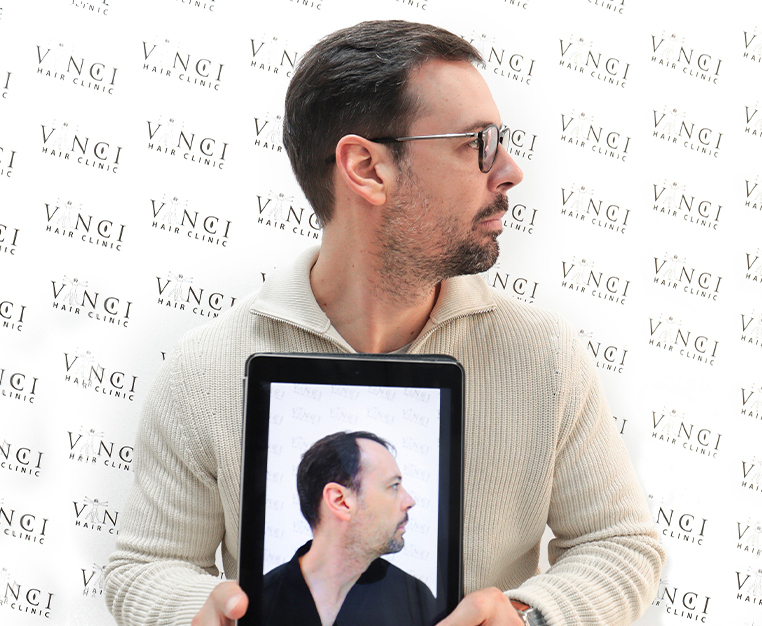Are you feeling self-conscious about your hair loss? Well, guess what? You’re not alone! Millions of men and women worldwide experience hair loss, but many don’t seek hair restoration treatment because of societal stigmas. Those stretch back decades to when hair restoration was in its infancy and outcomes were poor. When the average person thinks of hair restoration work, it’s still those dodgy hairpieces and rudimentary hair transplants that often come to mind.
The good news is that these stigmas are finally starting to weaken. Keep reading if you want to know why!
Celebrities
First of all, let’s talk about the impact celebrities have had, and continue to have, on societal perceptions of hair restoration. Whether they like it or not, celebrities are influential people when it comes to shaping the opinions and attitudes of wider society. Scientists think that evolution might be behind that; as a species, it makes sense to look at what the successful members of the group are doing and then copy it.
So, when sports stars like the former Manchester United footballer Wayne Rooney get a hair transplant, it helps to destigmatise the procedure. His openness about his treatment has undoubtedly encouraged many others to follow in his footsteps. The same applies when actors or musicians publicly discuss their reasons for getting a hair transplant; it normalises the issue of hair loss and brings hair restoration work into the spotlight.
The media is also playing a role in destigmatising hair restoration. For example, the popular Netflix TV show ‘Queer Eye’ has featured several episodes where the presenters – the Fab Five – help men who are experiencing hair loss. By showcasing the positive impact of hair restoration on these men, the show is helping to mainstream hair loss treatment generally.
Better Outcomes
But it’s not just celebrities who are changing the conversation around hair restoration. Statistics from the International Society of Hair Restoration Surgery (ISHRS) show that the uptake of hair loss treatment continues to rise. This means that people are more likely to talk about hair restoration openly which, in turn, reduces the stigma surrounding it.
One reason why more people are coming forward for hair restoration treatment is that they see the fantastic results it can produce. New techniques such as Follicular Unit Extraction surgery (FUE) have succeeded in delivering hair transplant results that are indistinguishable from the recipient’s naturally-grown hair – because they are the recipient’s naturally-grown hair relocated to a different part of the head. FUE is also a safe, minimally invasive procedure with minimal scarring and downtime, and the satisfaction rates amongst those who have it are consistently high.
And it’s not just about the aesthetic improvement a modern hair transplant offers. Hair restoration, studies have shown, can also have a significant impact on a person’s mental health and well-being by boosting their self-esteem and self-confidence. All things considered, what’s not to like?
Greater Accessibility
Hair restoration clinics have not been slow to recognise the changing public perceptions of their business. They have taken steps to make the whole process more accessible and comfortable for patients. For example, most reputable clinics offer free consultations to first-time clients. They offer virtual consultations using the latest communications technology to make the process even more convenient. They’ve also sought to make treatments more affordable (and thus more accessible to more people) by offering finance options that spread the cost of treatment.
It’s important to recognise that there are still some societal stigmas surrounding hair restoration, particularly for women. However, as more and more women undergo hair restoration procedures, these stigmas are also starting to fade. In fact, according to the ISHRS, the number of female hair restoration patients has increased by 24% over the past decade. Nevertheless, there is still work to be done.
Hair loss is a common condition that can affect anyone, regardless of age, gender, or ethnicity. By destigmatising hair restoration, we can create a more accepting and inclusive society where people can feel comfortable seeking the treatment they need.
Conclusion
For previous generations, hair restoration meant dodgy hairpieces and hair transplants that looked anything but natural. That image persisted for decades and created a stigma around hair loss treatment. It’s only in recent years with the advent of high-quality, hi-tech hair transplants that the image has started to change. Slowly, the stigma is being removed. As a result, hair restoration treatment is becoming an accepted, mainstream health procedure.
If you still have some lingering doubts, why not see for yourself? Vinci Hair Clinic offers free, no-obligation consultations to all our new clients. That means you can come in for an assessment and size us up before deciding if you want to go ahead with treatment. We think you’ll be impressed by what you see and hear. Give us a call and book your appointment today!





